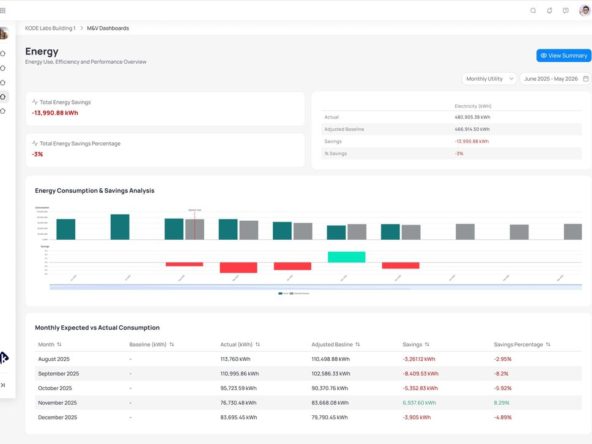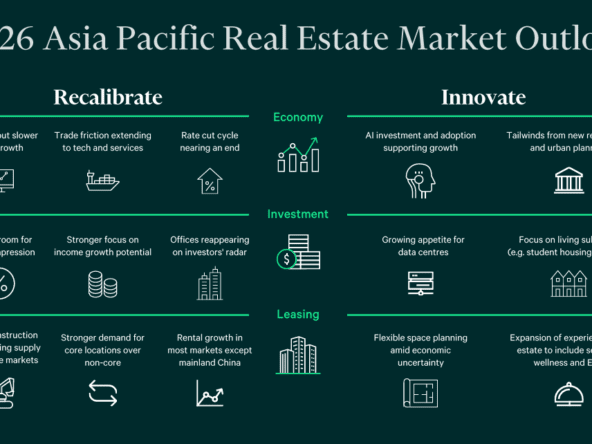Will mortgage rates go higher if the government takes the GSEs out of conservatorship? Many people would say yes if there were no government backing of these two giants, but on Tuesday evening the calculus changed. In a social media post on Tuesday, President Trump expressed his intention to transition the government-sponsored enterprises (GSEs) out of conservatorship while also signaling support for an implicit guarantee.
On Truth Social, Trump posted: “Our great Mortgage Agencies, Fannie Mae and Freddie Mac, provide a vital service to our Nation by helping hardworking Americans reach the American Dream — Home Ownerhip. I am working on TAKING THESE AMAZING COMPANIES PUBLIC, but I want to be clear, the U.S. Government will keep its implicit GUARANTEES, and I will stay strong in my position on overseeing them as President. These Agencies are now doing very well, and will help us to, MAKE AMERICA GREAT AGAIN!”
Over the past few days, I have carefully examined the potential factors contributing to the government’s delay in advancing this process. Last week, I discussed the Treasury’s perspective on the issue and later noted FHFA Director Bill Pulte’s appeal to Federal Reserve Chairman Jerome Powell regarding the potential for interest rate reductions.
On the HousingWire Daily podcast that will publish on Wednesday, I provide an in-depth analysis of the biggest risk that could arise if the government doesn’t extend its support to the government-sponsored enterprises (GSEs) with either an implicit or explicit guarantee.
Let’s take a look at the difference between these two guarantees.
The implicit guarantee
At first glance, some might think an implicit guarantee is as solid as a rock, and I would say it’s much better than having no guarantee at all. I’ve never believed the GSEs could be removed without some form of government backing. The Urban Institute took a look at the issue in this paper published at the start of the year, and I thought their definition was great:
“This assumption, which came to be called the GSEs’ “implicit guarantee,” afforded the GSEs many of the benefits of a government agency, which was critical to both their business model and their role in the nation’s housing finance system.”
The Implicit guarantee was market code to indicate that, in the event of a crisis, the government would intervene to save these two major companies. This intervention would ensure that the system won’t implode because these two giants are the real geese that lay the golden eggs of the U.S. economy — and why so many countries hate us because of our 30-year-fixed product. This implicit guarantee was in place before the great financial crisis.
After the housing bust, the government fulfilled the promise of this implicit guarantee and stepped in to take the giants into conservatorship, while their stock prices plummeted to near zero.
Now, under conservatorship, they operate under an explicit guarantee.
The explicit guarantee
The explicit guarantee approach is notably different and potentially more effective than the implicit guarantee as it establishes a legally binding framework for all investors, ensuring robust government protections. This enhancement significantly reduces investment risk and addresses concerns regarding the widening of mortgage spreads highlighted by Treasury Secretary Scott Bessent in an interview last week with Bloomberg.
Given the benefits of the explicit guarantee, one might question the rationale of removing the GSEs from conservatorship, especially since they’re currently in such a secure position to lend to Americans. In the HousingWire Daily podcast publishing Wednesday morning, I address all of the essential considerations about the future of GSEs, taking a closer look at investor concerns and examining how mortgage pricing might be impacted in the absence of implicit or explicit guarantees.
For now, I am encouraged that we have at least an implicit guarantee on the books.
Conclusion
I have previously expressed some skepticism regarding the likelihood of the GSEs being removed from conservatorship, as it seemed challenging to do so without an implicit or explicit guarantee. However, the introduction of an implicit guarantee now makes the possibility more tangible.
But if investors inform the White House economic team that releasing the GSEs from conservatorship will cause mortgage rates to rise and spreads to worsen during a market calamity or recession, the release might never happen. The last thing the housing industry wants is for government actions to drive mortgage rates even higher inadvertently.
Tune into the podcast tomorrow for a deeper understanding of the risks associated with removing the GSEs from conservatorship and what can mitigate those risks.

